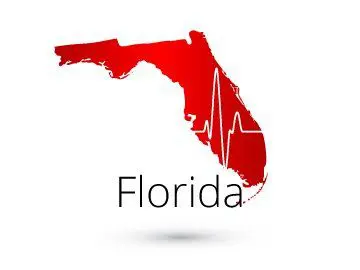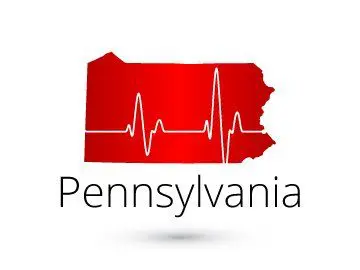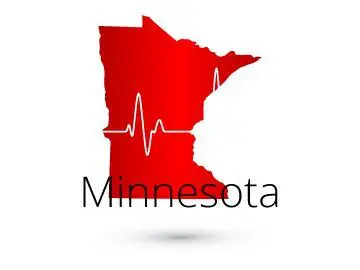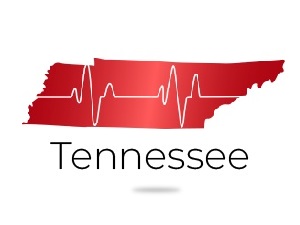Offering CPR (Cardiopulmonary Resuscitation), AED, and First Aid training classes in over 50 cities across Minnesota, Pennsylvania, Tennessee and Florida. Our classes offer an American Heart Association certification that is valid for 2 years.
To schedule a private group session please click here.
To view our public CPR AED and First Aid classes in your state please select your location below:
![]() Florida – View public calendar
Florida – View public calendar
Tampa Bay | SW Florida | Central Florida | Ocala | Brandon | Clearwater | Land O Lakes | New Port Richey | Oldsmar | Pinellas Park | Port Charlotte | Seffner | Sarasota | Tarpon Springs | Temple Terrace | Zephyrhills |Orlando | Lakeland | Kissimmee | Clermont | Altamonte Springs
![]() Pennsylvania – View public calendar
Pennsylvania – View public calendar
Harrisburg area | Central East PA | Carlisle | Gettysburg | Hershey | Lancaster | Reading | York | Camp Hill | Elizabethtown | King of Prussia | West Chester | Allentown | Pottstown
![]() Minnesota – View public calendar
Minnesota – View public calendar
Twin Cities |St Cloud |Southern Minnesota | Minneapolis | St Paul | Albertville | Apple Valley | Bloomington | Burnsville | Brooklyn Park | Elk River | Inver Grove Heights | Maple Grove| Minnetonka | Mounds view | Oakdale | Plymouth | Shakopee | Stillwater | Albert Lea | Mankato | Rochester | Duluth
![]() Tennessee – View public calendar
Tennessee – View public calendar
Cookeville | Crossville | Lebanon | Chattanooga | Smyrna | Murfreesboro | Cleveland
What is CPR? Why do we need CPR training? Who needs to attend a Bloodborne Pathogens course?
What about AED’s? Why do we need First Aid training?
 Recent BLOG POSTS visit blog
Recent BLOG POSTS visit blog






